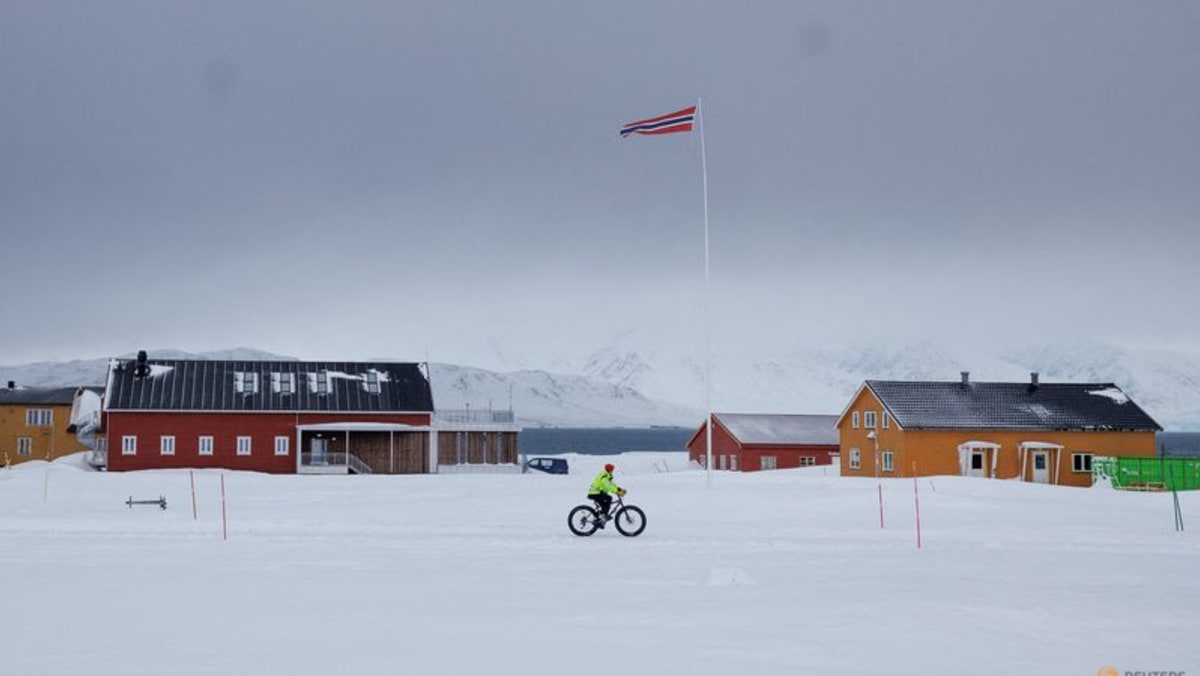LONDON: The Arctic, scientists warn, displays an intensified version of how climate change plays out elsewhere on the globe. Geopolitically, too, temperatures could heat up faster in the region without careful statecraft.
On the face of it, conditions are ripe for a scramble for the Arctic: As diplomatic tensions rise and climate change improves access to natural resources and shipping lanes, more governments are trying to advance their interests or prevent others from doing so. In its most tabloid form, the fear is that as US President Donald Trump insists on his country taking over Greenland, Russia’s Vladimir Putin will seek an opportunity to dominate Svalbard, the Norwegian high north archipelago.
Experts dismiss worst-case scenarios as far-fetched. The intensifying geopolitical interest in the region is, however, undeniable.
US envoy Steve Witkoff recently mused about the benefits of Washington and Moscow working together in the Arctic. China has declared itself a “near-Arctic” state. Turkey recently acceded to the century-old Svalbard Treaty, which recognises Norway’s sovereignty but grants non-discriminatory access to signatory states’ nationals for residence and certain commercial activities.
Ankara’s reasoning is that it matters strategically to be present in the region (its concrete interests are so far limited to research and icebreaker shipbuilding).
That judgment is shared by many. Svalbard is a key piece of the puzzle being laid in the Arctic. Its location is significant: The shortest path for a missile between the Russian and US mainlands is over the north pole; it is near Russia’s Kola Peninsula nuclear submarine base; it is a convenient platform from which to monitor subsea activity and communicate with satellites over the Arctic.
